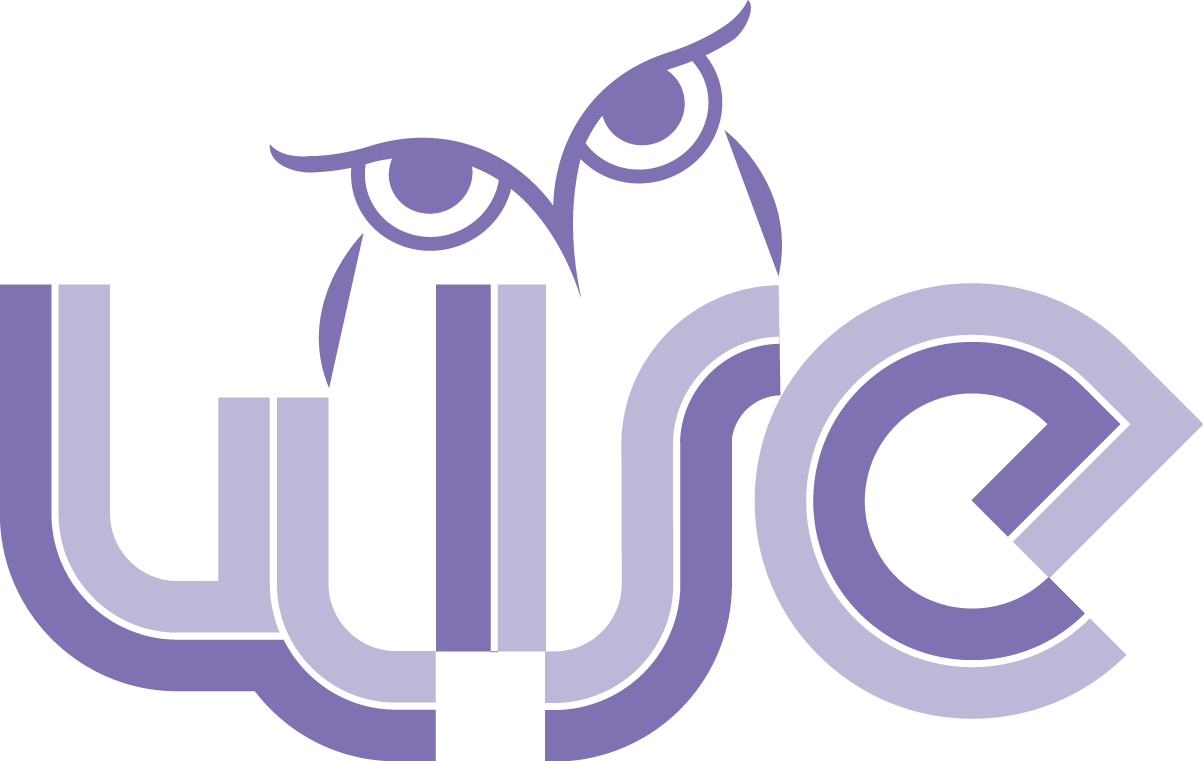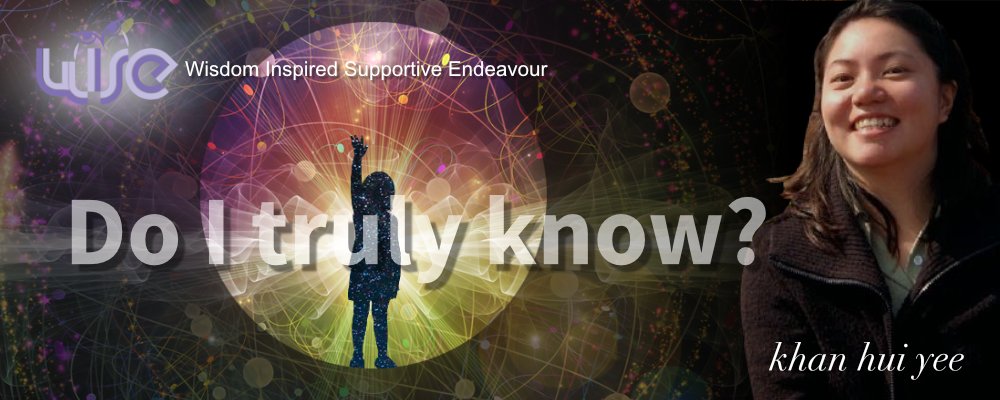Do I Truly Know?
A clear blue sky above, chirping of a sparrow nearby and soft lush grass below your feet. Beams of glorious sunlight warm on your face. The smell of fresh spring flowers in the light cool breeze. Sounds like the perfect weather to be outdoors. How wonderful if every day was so beautiful. But, what if it was just an imagination? What if it was but a dream? What if it was all an illusion?
Just like a simulation, virtual reality or holographic projection, how can we know which is real and which is unreal? Reality can be so easily distorted in such modern times where fake news are rampant, and thousands of cyber crime and identity theft issues remain unsolved. Even historical or scholarly texts and clinical research findings are known to be fudged. So on what basis can we say that we truly know what is real? We can only assume based on what information we have but be cautioned, as the saying goes, "garbage in, garbage out."
In reality, all that is close and dear to us, that made us believe who we are, is just a relational experience to the material forms surrounding us. What we call the world is how we see our external environment in relation to the me, mine or myself. My parents are loving, my friends are fun, the pandemic is scary, climate change is worrying and even, that death is fearful. Do you recognise the pattern where in every situation, your person-ness or ideas are involved, directly or indirectly? It is always about the me, mine or myself. Our views are the lenses of how we make sense of our world.
This projection of how we relate to the world is happening all the time. In every waking moment. I like watching movies and traveling. I dislike the political situation in the country. I like this hairstyle or this fragrance. I dislike the loud music from next door. We sway to and fro between the extreme of likes and dislikes so incessantly. In any situation where we are in contact with an external object, a meaning or idea is plastered all over it to make us believe we already know what it is. But how can we really know all of what it is except only from our view or perspective?
For example, can we really know a person? Even if we were to be with a person every moment for a long time, what we know of the person is only what we were able to observe, interact and think about him or her. Unless you have the ability to read minds, I doubt you will be able to access that which is privy only to the person. So it would be premature to conclude that we really completely know a person. In that way, it is impossible to judge a character as it will inevitably be based on incomplete and biased data. Yet, how often do we act according to what we believe of another person, whether it is true or not?
We need to understand that what we experience and think of the world is solely based on the limited information that we have gathered. No two people will view the world alike, even if a seemingly similar situation is being experienced by both at the same time. The more we are able to internalise this, the sooner we can make our world a better place. What good has ever come off segregation, stereotyping or labelling others? If you seek the Truth, why not join us at WISE to explore and discover more about the nature of your mind and see if what I say is true.
In grace,
Hui Yee
04 January 2022

